Nowadays, our reliance on various storage media has never been greater. We store photos, documents, videos, and other critical information on these devices, but unfortunately, issues such as hard drive failures, accidental deletions, or formatting mishaps can suddenly make our data inaccessible. That’s precisely why best open source data recovery software has become an invaluable asset. In this article, we will delve into the top six choices for open source data recovery software, all of which are not only powerful but also completely free. They can be your saving grace when it comes to recovering your data at those crucial moments.
Top 1: PhotoRec
When it comes to free open-source data recovery software, the first one that comes to our mind is PhotoRec. This wonderful software is designed to effectively retrieve deleted files from various storage devices, including hard drives, CD-ROMs, and digital cameras such as Canon and Nikon models. Additionally, it also excels at recovering a wide range of file types, including documents, videos, and more.
Pros:
- PhotoRec offers unlimited data recovery without cost.
- Available on multiple platforms, including Windows, Mac and Linux.
- It can even recover data from faulty drives.
- This best open source data recovery software can handle more than 480 file formats.
Cons:
- The user interface is not very user-friendly.
- The developers do not provide technical support for PhotoRec beyond the official forums.
- PhotoRec updates infrequently, potentially lagging in features and compatibility.
System Compatibility:
Windows 11/10/8/7/Vista/XP; MacOS; Linux; Sun Solaris
Rating:
4.5/5
Bonus Tip: Best Alternative to Free Open Source Data Recovery Software
Tenorshare 4DDiG is not an open source data recovery software, but it offers a user-friendly and free data recovery solution. This tool can recover lost data from all data loss scenarios, including accidental deletion, formatting, system crashes, virus attacks, and more. Due to its simple operating procedures and intuitive interface, it is highly suitable for people with limited technical knowledge.
Users can easily recover 100MB of data by simply clicking the “Share” button within the software and sharing the post to social media. Here is how to use it to recover lost data with just a few clicks:
Step 1: After installing and opening 4DDiG Data Recovery, you’ll see the main screen with options for Data Recovery & Advanced Options. From here, select the drive or folder where you lost your data and click “Scan” to begin.
Step 2: 4DDiG will immediately start searching the selected drive for your missing data. You can pause or stop the search at any time if you find the files you need. You can also narrow down your search by using filters on the right side of the screen.
Step 3: When you locate the files you want, you can preview them and recover them to a safe location by clicking the “recover” button. To prevent overwriting, avoid saving them to the same partition where you lost them.
Pros:
- Supports over 2000 data types including photos, videos, documents, and more.
- Supports recovering data from various storage devices such as laptop/PC, external disks, SD card, USB flash drive, etc.
- Easy to use, no technical knowledge required.
Cons:
- Not open source but free version available.
- Users can’t resize its window.
- Linux system is not currently supported.
System Compatibility:
Windows 11/10/8/7; MacOS
Top 2: TestDisk
TestDisk is a free open-source data recovery software that specializes in recovering lost partitions. It doesn’t directly bring your lost data back but fixes the part of your computer’s memory where the data was stored, so you can access it again.
Pros:
- TestDisk is favored for its user-friendly no-installation process.
- Supports various file systems, including exFAT, NTFS, FAT12/16/32, and more.
- It can solve a range of problems, like fixing unbootable disks and recovering lost file systems.
Cons:
- Its text command-line interface might be a bit complex for beginners.
- Like PhotoRec, there is no other customer support available for TestDisk aside from its official forum.
System Compatibility:
Windows 10/8/7/Vista/XP; MacOS; Linux
Rating:
4.4/5
Top 3: FreeRecover
Although relatively unknown to many users, FreeRecover is one of the best open-source data recovery software options. The software not only features an intuitive interface but also conducts deep scans of your disks. You can also preview the deleted files before they are recovered. However, it’s important to note that it is exclusively compatible with the NTFS file system.
Pros:
- User-friendly interface and simple data recovery process.
- No installation required. All you need to do is download the software and run it.
- Lost data can be recovered in a short time.
Cons:
- Limited compatibility. It only works on NTFS drives.
- It has not been updated since 2017.
System Compatibility:
Windows 7/8/10
Rating:
4.2/5
Top 4: Kickass Undelete
Kickass Undelete is a powerful open source data recovery tool that can retrieve deleted files from various devices. Once the scan is complete, Kickass Undelete allows users to filter scanned files by file name and file extension. This feature can help users quickly find the files that need to be recovered, simplifying the data recovery process.
Pros:
- Completely free and open-source.
- Allow users to filter by file name and extension.
- Simple and straightforward design.
Cons:
- It specializes in recovering deleted files. For data loss due to corruption, alternative solutions are recommended.
- The software’s most recent official update was in 2018.
- No direct contact options with the developer are available.
- It is compatible only with NTFS and FAT file systems.
System Compatibility:
Windows
Rating:
3.9/5
Top 5: Foremost
Foremost is a free and open-source data recovery software designed for Linux operating systems. While it was originally primarily used by law enforcement, it has since evolved into a general-purpose data recovery tool. This wonderful software can not only recover files directly from hard drive, but also recover data from iPhone via computer.
Pros:
- This best open source data recovery is 100% free and safe.
- It provides more detailed information about the file, such as when it was created, its size and file type.
- It work smoothly with large amounts of data.
Cons:
- This software doesn’t support the recovery of RAID data.
- Foremost has only one email address for support.
- Computer novices need a learning curve.
System Compatibility:
Linux
Rating:
3.7/5
Conclusion
We’ve explored five exceptional open source data recovery options and also highlighted the best alternative software, Tenorshare 4DDiG. Each solution comes with its unique advantages and features. Simply choose the software that suits your needs and say goodbye to worrying about data loss!
FAQs About Open Source Data Recovery
Q1: Is TestDisk completely free?
Yes, TestDisk is 100% free open source data recovery software. You can use it without any limitations, such as limited data recovery capacity or a trial period for premium features. It can not only recover lost partitions but also fix issues like unbootable disks. Furthermore, it has broad compatibility, and you can use it on multiple platforms, such as Windows, Mac, Linux, etc.
Q2: What is the best free software to recover deleted documents?
We highly recommend using 4DDiG Data Recovery to recover deleted documents or other file types. Firstly, this software has an intuitive interface, allowing users to recover lost or deleted data within three simple steps. Secondly, it boasts an impressive success rate and is 100% secure.
Q3: Is there any free recovery software?
There are several free data recovery software options available. These programs can help you recover lost or deleted files from your computer, external hard drives, USB drives, memory cards, and other storage devices. Here are some popular free data recovery software options:
- 4DDiG Data Recovery Free
- TestDisk
- PhotoRec
- Puran File Recovery
- Recuva

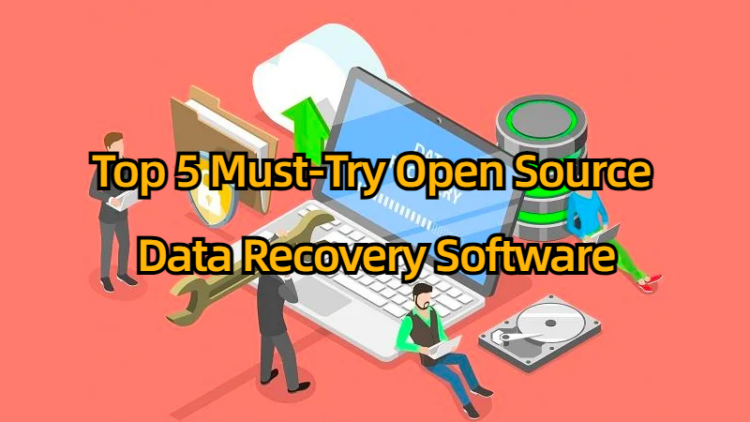
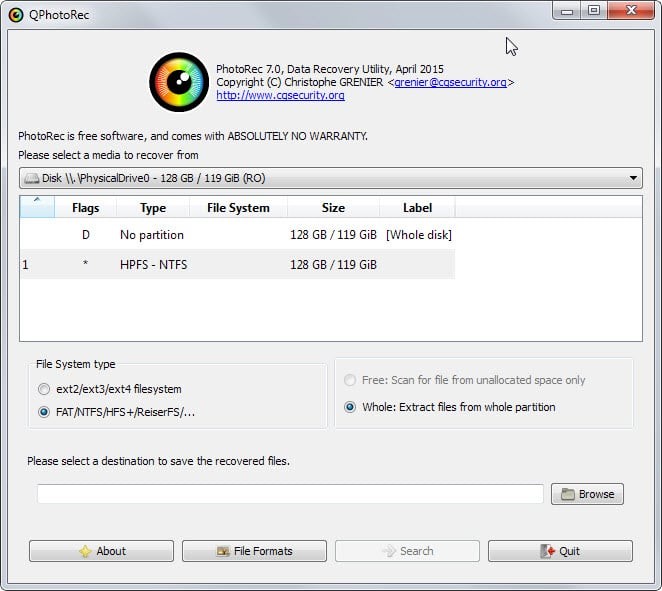
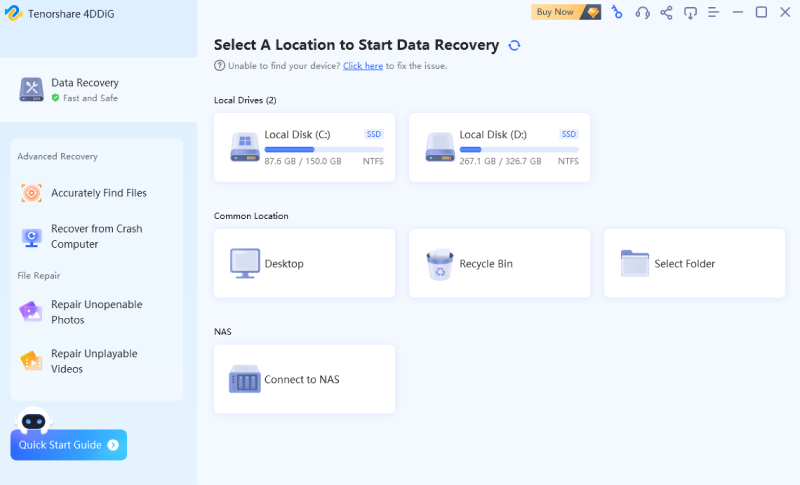
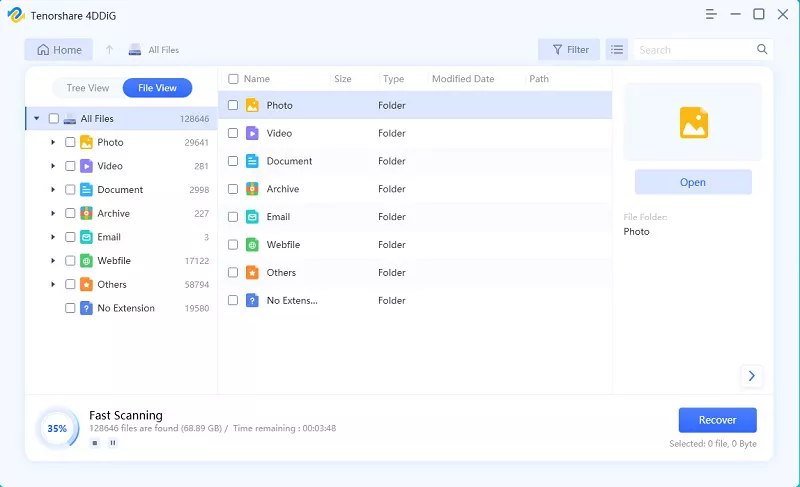
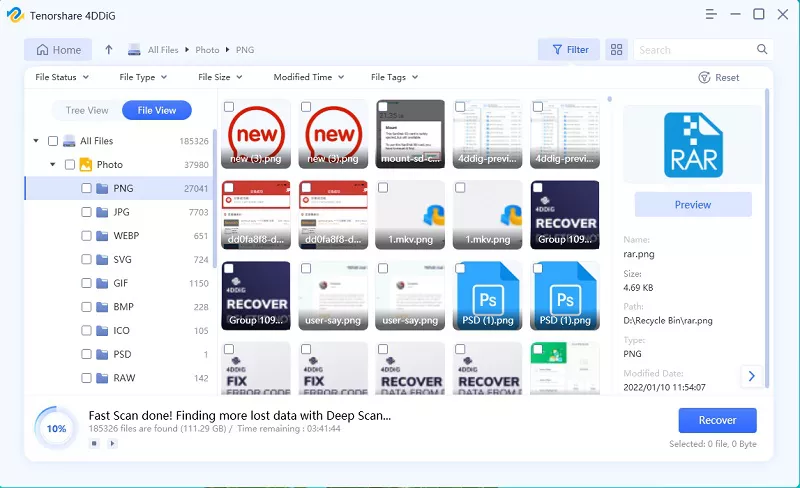
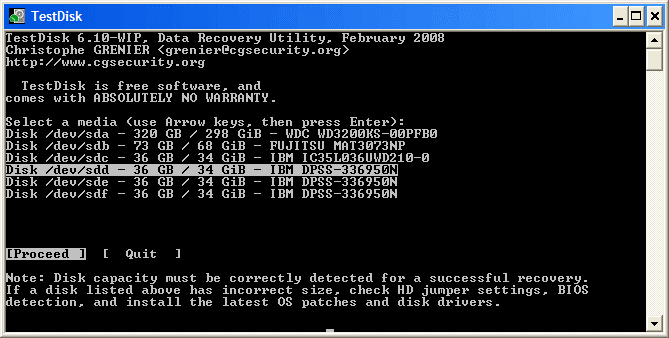
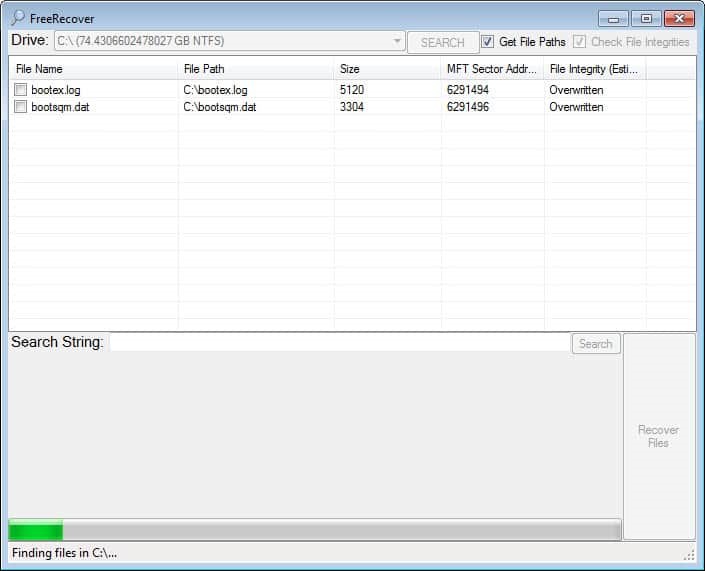
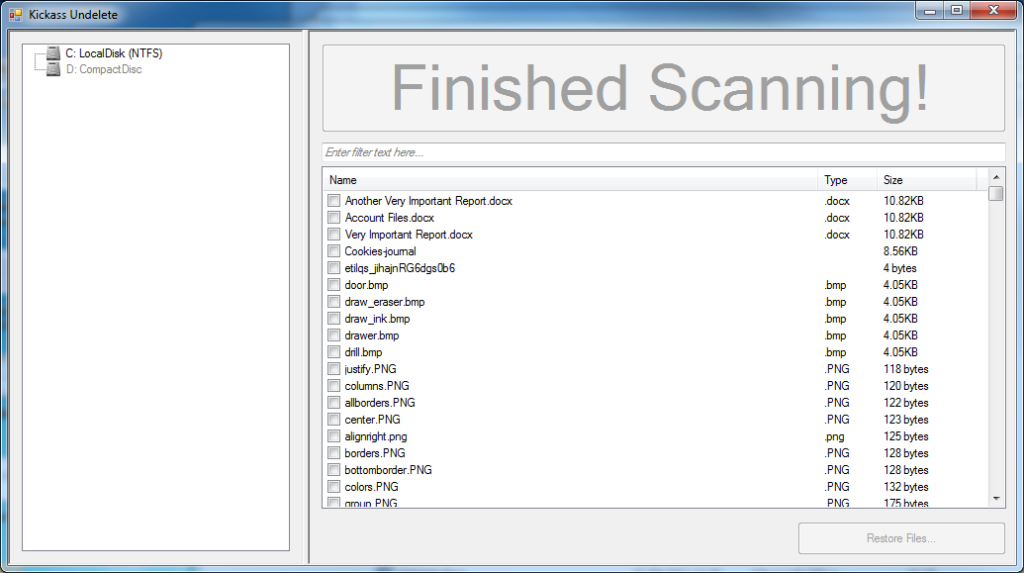
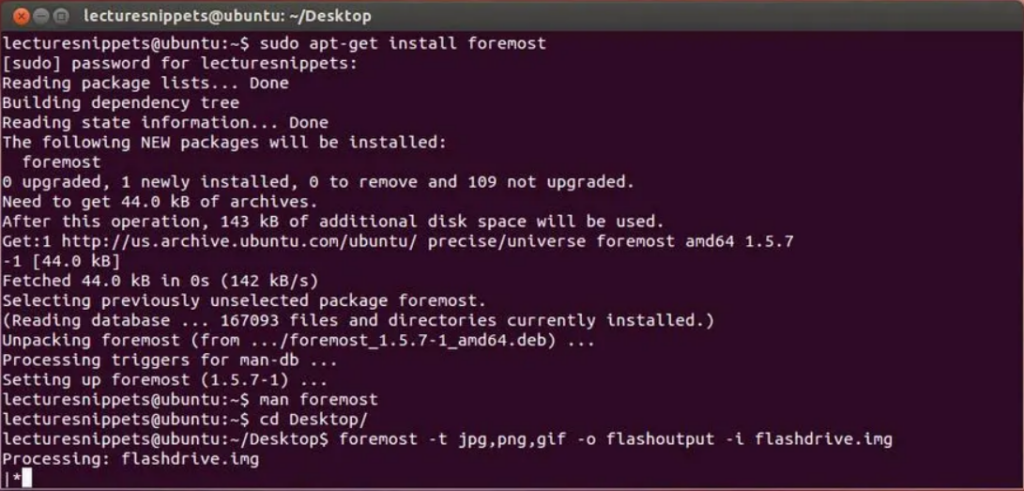



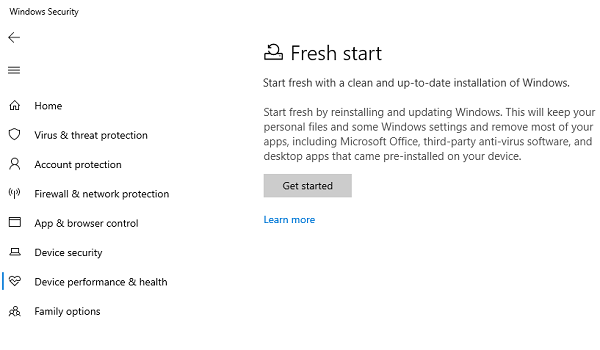

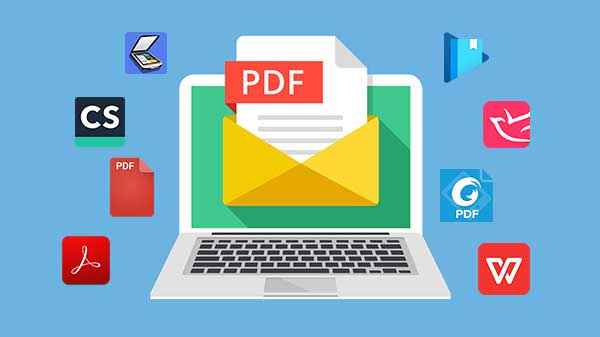
Add Comment